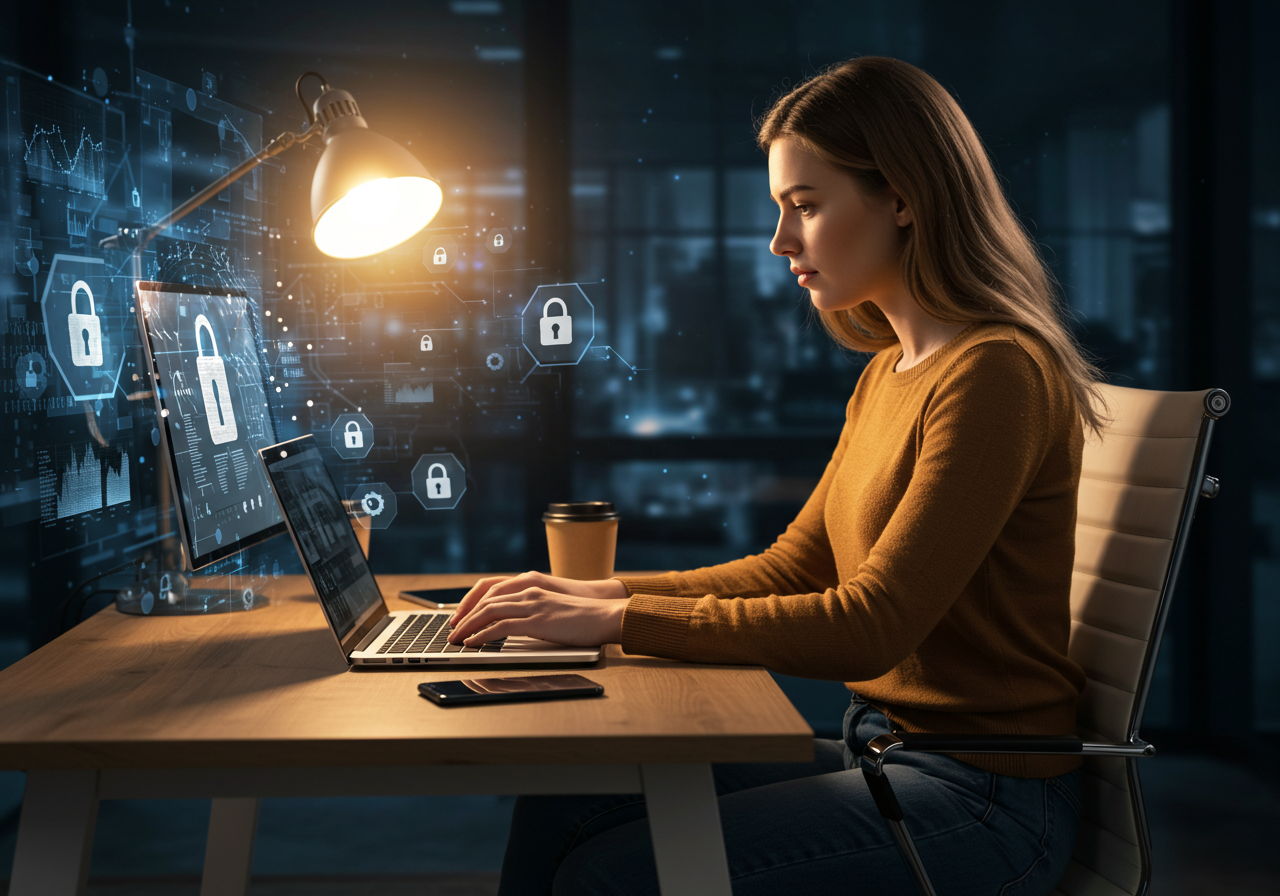What Should Women Know About Digital Security?

Passwords are your first line of defense in the digital world, much like the keys to your home. But using a weak password like “password123” is the same as using a flimsy lock on your front door. To truly protect yourself, it’s essential to use strong, unique passwords for every online account. One great way to manage these passwords is through a password manager, which acts like a personal security guard—remembering all those complicated codes so you don’t have to.
When it comes to sharing personal information online, think about it the same way you would on a first date. Would you share all your secrets right away? Probably not—it’s just too risky. The same goes for social media. Over-sharing your personal life can put you at risk. For example, posting vacation photos might be exciting, but it also alerts potential burglars that your home is unoccupied. Always think twice before you hit that “share” button—what you reveal can expose you to unwanted threats.
Think of outdated software as leaving a window open for burglars. Keeping your devices up to date is one of the easiest ways to protect your digital security. Software updates are like hiring a digital bouncer—they block unwanted guests and keep your devices secure. Additionally, enabling two-factor authentication wherever possible is another smart move. It’s like adding an extra lock on your door, ensuring your information stays safe even if one layer is compromised.
Much like you wouldn’t invite a stranger into your home, you shouldn’t click on suspicious links or emails. If something looks suspicious or too good to be true, it probably is. Always double-check the sender’s details, and when in doubt, discard the message. This simple precaution can save you from falling victim to phishing scams designed to steal your personal information.
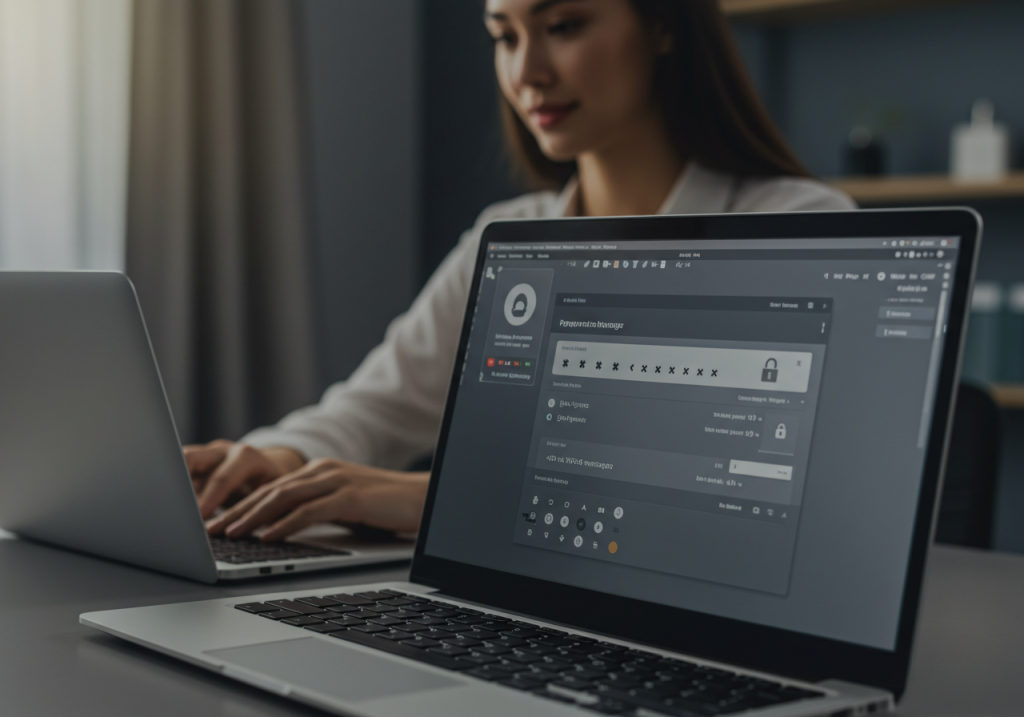
Digital security is not just a technical matter—it’s about empowering yourself and protecting your personal information. Understanding how to safeguard your digital life is just as important as learning physical self-defense. For women, taking the time to educate yourself on topics like “What Should Women Know About Digital Security?” can ensure that you remain in control of your online presence. A few precautions, along with the right mindset, can help you navigate the digital world with confidence and security.
Empowering Women Online: Essential Digital Security Tips for the Modern Age
Passwords are your first line of defense—think of them as your most reliable bodyguards. A strong password is essential for protecting your digital life. It’s your personal shield, and the stronger it is, the more difficult it becomes for intruders to break through. Consider using a mix of uppercase and lowercase letters, numbers, and symbols. For example, instead of a simple “12345,” choose something like “Sunshine!9Sparkle.” Not only will this make it much harder to guess, but it also adds a unique personal touch that’s easier for you to remember and more difficult for others to crack.
Next, two-factor authentication (2FA) is like adding a second layer of protection to your online accounts. Think of it as having a trusted bouncer at the door of your digital space. Even if someone somehow manages to steal your password, they’ll still need an extra code to gain access. While it may seem like an inconvenience at times, this tiny additional step can make all the difference in safeguarding your personal information from unwanted access.
When it comes to social media, it’s crucial to be cautious. While sharing moments with friends can be enjoyable, oversharing is equivalent to leaving your front door wide open. Guard your personal details carefully—don’t disclose your exact location or sensitive information as if they were an invitation to the world. Moderation is the key to protecting yourself online, just as you would use the right amount of seasoning to make your favorite meal perfect.
In the digital age, protecting your online presence is essential. For women, understanding “What Should Women Know About Digital Security?” is a critical step toward empowerment. Taking proactive steps to secure your digital world can help you enjoy all the benefits of the online space without compromising your safety.
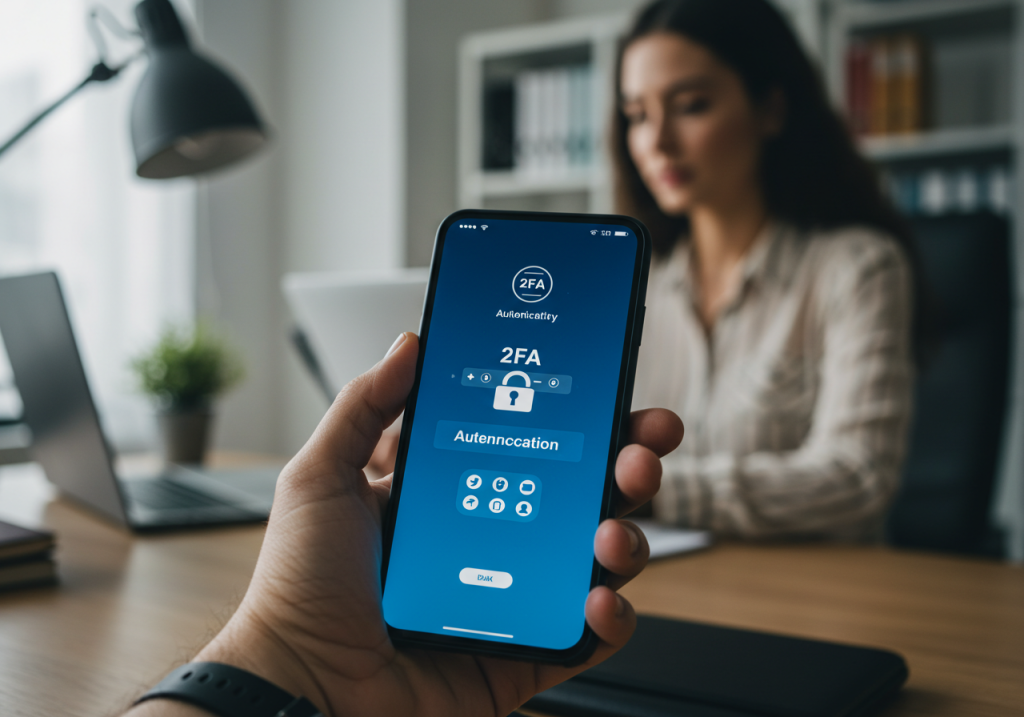
Navigating the Digital Landscape: Women’s Guide to Cybersecurity Awareness
Imagine your online account as a treasure chest full of valuable items. You wouldn’t want just anyone to wander in and take your possessions, right? The first step in safeguarding this treasure is by creating strong, unique passwords. Think of your password like a robust lock—if it’s too easy to crack, it won’t provide much security. Make sure to use a combination of letters, numbers, and special characters. Avoid easily guessable information, such as birthdays or pet names, which could make your password vulnerable to hacking attempts.
But that’s just the beginning. Phishing attacks are like digital fishing hooks that try to reel you into traps that can compromise your security. If you receive an email that seems suspicious—whether it’s strange links or unusual wording—be cautious! Always verify the sender’s details before clicking any links. It’s a bit like checking the back of a restaurant before you decide to eat there—you want to make sure it’s safe before diving in.
Another important aspect is your social media presence. Oversharing can be just as dangerous as leaving your front door wide open. Adjusting your privacy settings is key to keeping your online life secure. Think of it as pulling the curtains shut—it keeps your personal world a little more private and less exposed to the digital crowd.
In today’s world, where so much of our lives are online, understanding “What Should Women Know About Digital Security?” is essential for protecting your digital identity. By taking small, proactive steps, you can ensure that your personal data remains yours and yours alone, empowering yourself to navigate the online world safely.
To answer the question “What Should Women Know About Digital Security?”—it’s not just about the basics; it’s about taking control of your digital life. By being vigilant and educated on cybersecurity, you can enjoy the benefits of the internet without compromising your safety.
Don’t Be a Victim: Top Digital Security Strategies Every Woman Should Adopt
First and foremost, make sure you use strong, unique passwords for each of your accounts. Think of your password as the master key to your virtual home—if it’s easy to guess, it’s essentially the same as leaving the key under the doormat! A good password should combine a mix of letters, numbers, and special characters. And don’t make the mistake of reusing passwords across different accounts—that’s like using the same key for both your house and your car. Password managers can be an excellent tool here, helping you manage complex passwords without the stress of remembering each one.
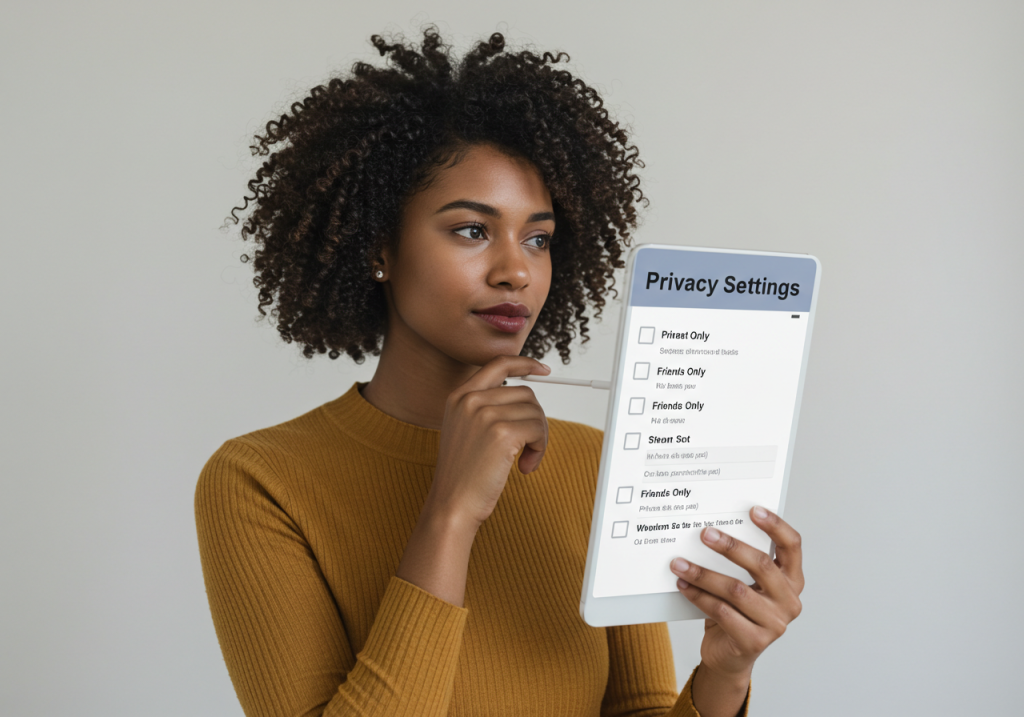
When it comes to sharing personal information, always be cautious. Be selective about what you post online—think of it as drawing a line in the sand. Some things are simply not meant to be exposed to the world. Before sharing anything, ask yourself: “Would I shout this from the rooftops for everyone to hear?” If the answer is no, keep it to yourself. Oversharing can leave you vulnerable to various types of online threats.
In today’s digital world, understanding “What Should Women Know About Digital Security?” is crucial. By following these simple but powerful steps, you can ensure that your online presence is well-protected and that your personal information stays private. Remember, digital security is about taking control and being proactive. By educating yourself on these strategies, you empower yourself to navigate the online world safely and confidently.
To answer the question “What Should Women Know About Digital Security?”—it’s about taking the necessary steps to secure your digital life, both big and small. Whether it’s setting strong passwords or adjusting your privacy settings, every action contributes to your safety.
Protecting Your Digital Identity: Key Security Practices for Women
First things first—strong passwords are essential for your online safety. Think of a weak password as leaving your front door wide open to anyone passing by. You’d never do that in real life, so why risk it online? Instead, create a password that combines letters, numbers, and special characters for maximum protection. A great tip is to use a password manager to help you keep track of all your complex passwords. It’s like having a secret vault where all your valuable digital treasures are securely stored!
Next, be mindful of what you share on social media. It’s easy to get caught up in posting cute pictures or updating your status, but oversharing can be risky. For example, tagging your location in real-time or disclosing personal details is like putting up a flashing neon sign that says, “I’m away—come in and take what you want!” Before posting, ask yourself if the information you’re sharing is something you’d shout from the rooftops. If not, it’s best to keep it private.
Another essential step is enabling two-factor authentication (2FA) on your online accounts. Think of 2FA as adding an extra lock to your door. Even if someone somehow manages to get hold of your password, they’ll still need a second key—a code sent to your phone or email—to access your account. This added layer of security provides peace of mind and keeps your accounts safer.
Lastly, take the time to understand and adjust your privacy settings on social platforms. These settings act like a personal bodyguard, helping you control who sees your information. Dive into your account settings, fine-tune your privacy, and protect your personal details from prying eyes.
In today’s connected world, understanding “What Should Women Know About Digital Security?” is vital. By adopting these security practices, you empower yourself to safeguard your digital identity while enjoying all the benefits the online world has to offer. Remember, it’s not just about protection—it’s about taking control and confidently navigating the digital space.
To answer the question “What Should Women Know About Digital Security?”—it’s about taking proactive steps to secure your online life. From strong passwords to enabling 2FA, each of these measures plays a crucial role in protecting your personal information.
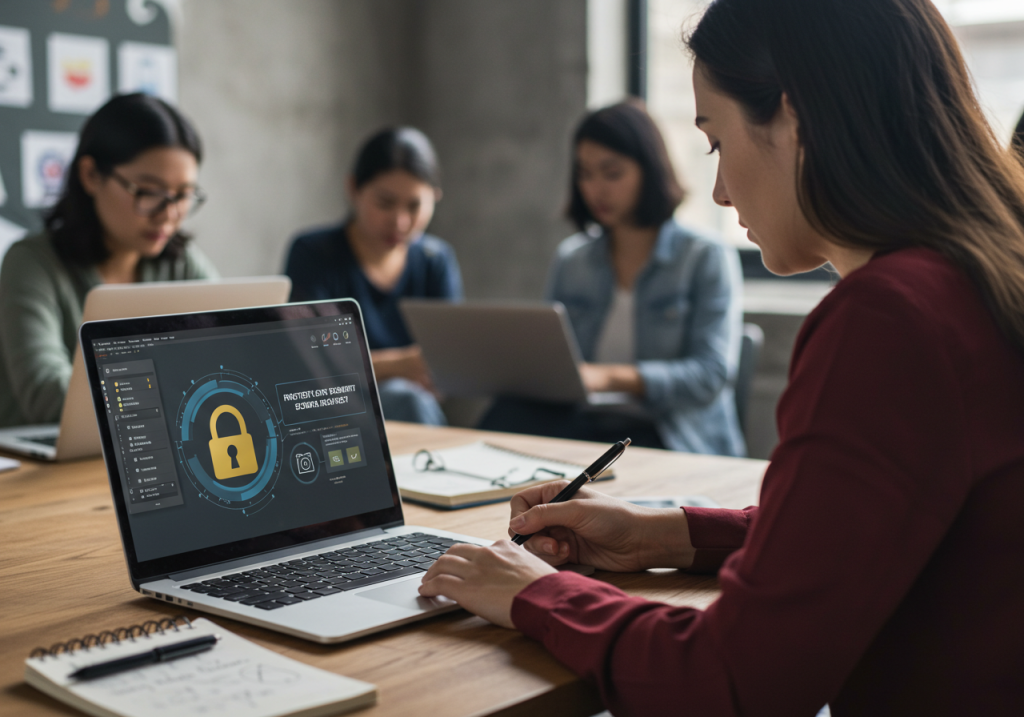
Breaking Down Barriers: How Women Can Lead in Digital Security Awareness
Imagine this: millions of women are stepping into cybersecurity roles, challenging outdated stereotypes, and proving that the power to protect our digital lives isn’t just a man’s game. These women are the new architects of a safer online world. As women continue to make up a growing portion of the tech workforce, they are bringing unique and essential perspectives that help to advance security measures. It’s not just about technical expertise; it’s about empathy and understanding risks from multiple viewpoints—qualities that women excel in.
So, how do we foster this incredible shift in digital security? First and foremost, mentorship is key! Women supporting and guiding each other can ignite sparks of confidence and determination in those who might be unsure about entering the cybersecurity field. Much like a strong Wi-Fi connection, the right mentor can amplify your potential and broaden your professional reach.
Furthermore, education plays a crucial role. Tailored workshops, training programs, and awareness campaigns designed specifically for women can help demystify complex cybersecurity concepts that might initially feel intimidating. These initiatives provide the tools to transform confusion into clarity, allowing women to ask themselves, “Can I lead the charge in digital security?” Spoiler alert: Yes, they absolutely can!
As we look at this evolving landscape, it’s essential to answer the question, “What Should Women Know About Digital Security?” It’s about embracing the field, gaining the right knowledge, and stepping up as leaders in this vital area. Women have the potential to make a lasting impact in digital security, and their leadership can shape a safer, more inclusive online environment for all.
To answer the question, “What Should Women Know About Digital Security?”—it’s about recognizing the power you have to make a difference. With the right support, education, and mindset, women can break barriers and lead the way in ensuring a safer digital world.
From Social Media to Banking: Women’s Essential Checklist for Online Safety
First, think about your privacy settings. Just as you would lock your front door to keep unwanted guests out, it’s crucial to make sure your social media profiles are not open to the public. Go through your settings and set your profiles to “friends only.” You wouldn’t invite strangers into your living room, so why let them into your digital life?
Next, be cautious about the information you share online. Details like your home address or even your pet’s name could be gold mines for identity thieves. Consider this: sharing a snapshot from your vacation can be fun, but broadcasting that your home is unoccupied may not be the smartest idea. When thinking about what to post, ask yourself, “Would I be comfortable with a stranger knowing this about me?”
When it comes to banking, two-factor authentication (2FA) is an essential tool. Think of it as a secret handshake between you and your bank. By enabling 2FA, you add an extra layer of protection that makes it harder for anyone to break into your account. It’s a small but powerful step in securing your finances.
Don’t overlook password hygiene either! Treat your password like a toothbrush: it’s crucial to change it regularly and never share it with anyone. For maximum security, create a password that mixes letters, numbers, and symbols—make it as difficult to guess as possible. Strong passwords are your first line of defense.
Lastly, always check for secure websites when browsing. Look for that little padlock icon in the address bar; it’s a sign that the website is safe. Just as you would research a store before entering it, apply the same caution when navigating online spaces. Ensuring the safety of the websites you visit is a vital step in protecting your digital security.
To answer the question, “What Should Women Know About Digital Security?” it’s about taking proactive steps to protect yourself online. From secure passwords to vigilant social media settings, these habits can make a significant difference in keeping your digital identity safe.
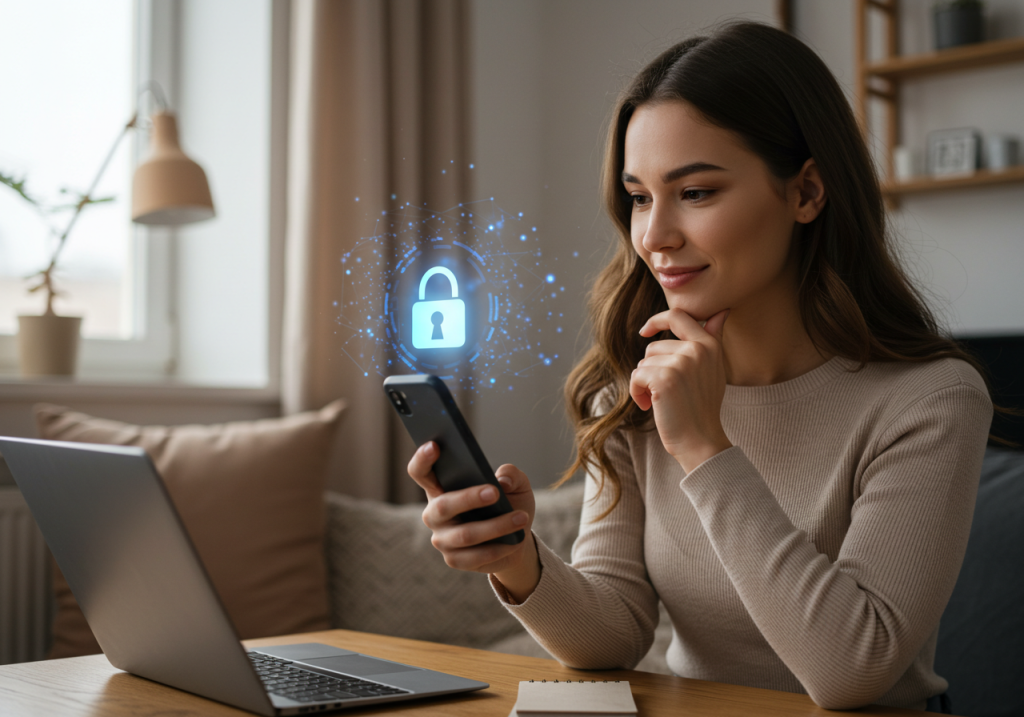
Cyber Confidence: How Women Can Strengthen Their Digital Presence Securely
First, think of your online profile as your digital calling card. Just like you wouldn’t hand out a crumpled, outdated business card, your social media profiles should reflect your best self. Keep them polished, updated, and professional. Use a clear and appropriate photo, craft a compelling bio, and highlight your skills and interests. This is your opportunity to shine and make a lasting first impression in the digital world!
Now, let’s dive into the technical side a bit. One of the best ways to build cyber confidence is through education. Take time to familiarize yourself with the privacy settings of your social media accounts. Think of these settings as a sturdy umbrella during a downpour—they keep you dry and give you the confidence to navigate through the stormy parts of the internet without worrying about potential leaks. Understanding these settings is key to protecting your digital security.
What about online communities? Joining forums and groups with like-minded women can be a huge confidence booster. It’s like finding a supportive group in a new environment. You can exchange tips, share personal experiences, and become part of a broader movement. These communities offer a sense of belonging, empowering you to become more digitally active and secure.
Additionally, don’t shy away from showcasing your expertise. Write blog posts, share insightful content, or even create videos. Think of it like planting seeds in a garden—over time, your contributions will blossom into a vibrant display of your knowledge and passion, further solidifying your digital presence.
So, why let uncertainty hold you back? With the right tools and mindset, you can cultivate cyber confidence, building a strong digital identity while ensuring your safety. Remember, being aware of what you share online and understanding how to protect yourself is vital. This is exactly what “What Should Women Know About Digital Security?” is all about—empowering yourself in the digital space with the right knowledge and practices.

